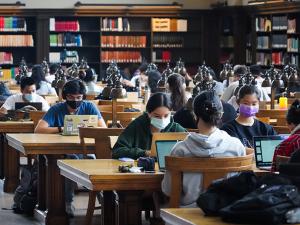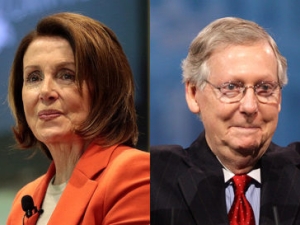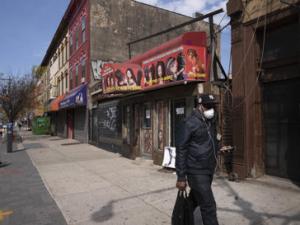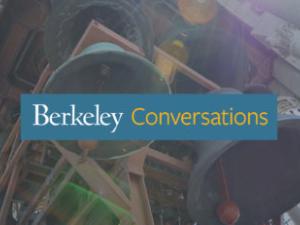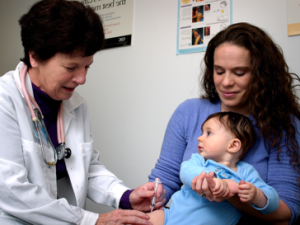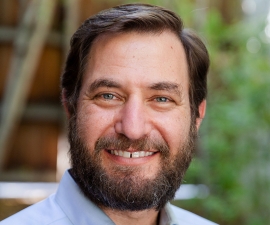

Research Bio
Jesse Rothstein is Professor of Public Policy and Economics at the University of California, Berkeley, where he holds the Carmel P. Friesen Chair in Public Policy and the David Pierpont Gardner Chair in Higher Education. He is the co-director of the California Policy Lab, which he co-founded (with Till von Wachter) in 2017, and the director of the Center for Studies in Higher Education. He previously served as Chief Economist at the U.S. Department of Labor and as Senior Economist with the Council of Economic Advisers, Executive Office of the President. From 2015-2020, he was director of the Institute for Research on Labor and Employment (IRLE) at UC Berkeley.
Rothstein’s research examines education policy, tax and transfer policy, and the labor market. His recent work includes studies of school finance, intergenerational economic mobility, take-up of safety net benefits, and regional and industry wage differentials. His work has been published in leading journals in economics, public policy, education, and law. He has served as an expert witness in several cases regarding teacher evaluation and school finance.
Rothstein received a Ph.D. in economics and a Masters in Public Policy, both from the University of California, Berkeley, and an A.B. from Harvard. He is a member of the editorial boards of Industrial Relations, the Review of Economics and Statistics, Education Finance and Policy, and the National Education Policy Center, and of the executive board of the Society of Labor Economists. He is a research associate of the National Bureau of Economic Research and a fellow of the National Education Policy Center, the CESifo Research Network, the IZA, and the Learning Policy Institute.
Research Expertise and Interest
labor economics, inequality, education policy, unemployment, tax policy, local public finance, teacher quality, segregation, economics of education, labor market, public impact research/scholarship, research practice partnership, partnership research, higher education
In the News
Student Use of State Food Aid Widespread, and Increasing, Says New Berkeley Report
Simplifying Financial Aid Letters Pays Big Dividends, Says Berkeley Study
California fears human, economic crisis as Washington relief talks continue
COVID-19 shows fraying U.S. safety net, Berkeley scholars say
COVID-19: Economic impact, human solutions
COVID-19 stimulus is a good start, but more is needed, says Berkeley economist
Coronavirus response a ‘vast experiment’ that’s changing U.S. workplaces
Research initiative launched on health in working families
New Opportunity Lab to focus on policy for poverty, inequality
Featured in the Media
Professor Jesse Rothstein explains the inner workings of university budgets, endowments, and research grants in LAist—and warns of the risks recent federal actions pose to higher education.
Asking whether manufacturing is special for workers, this Planet Money episode interviews David Card, an economics professor and Nobel laureate, and Jesse Rothstein, professor of public policy and economics, and mentions research by Economics Professor Enrico Moretti.
Economics professor Jesse Rothstein has some cold water to throw on anyone wishing a recession would come along to help evict President Trump from office. "We see over and over again that recessions are worse than we thought," he says. In a working paper he published last year, he wrote about the long-term consequences of the Great Recession, which included young college graduates doing worse in the job market than models of recession would have predicted, with their employment rates far behind those of older students who'd graduated into stronger economies. "It's a once-in-a-generation thing to get this tight a labor market," he says, "and you want to let it rip for as long as it can."


